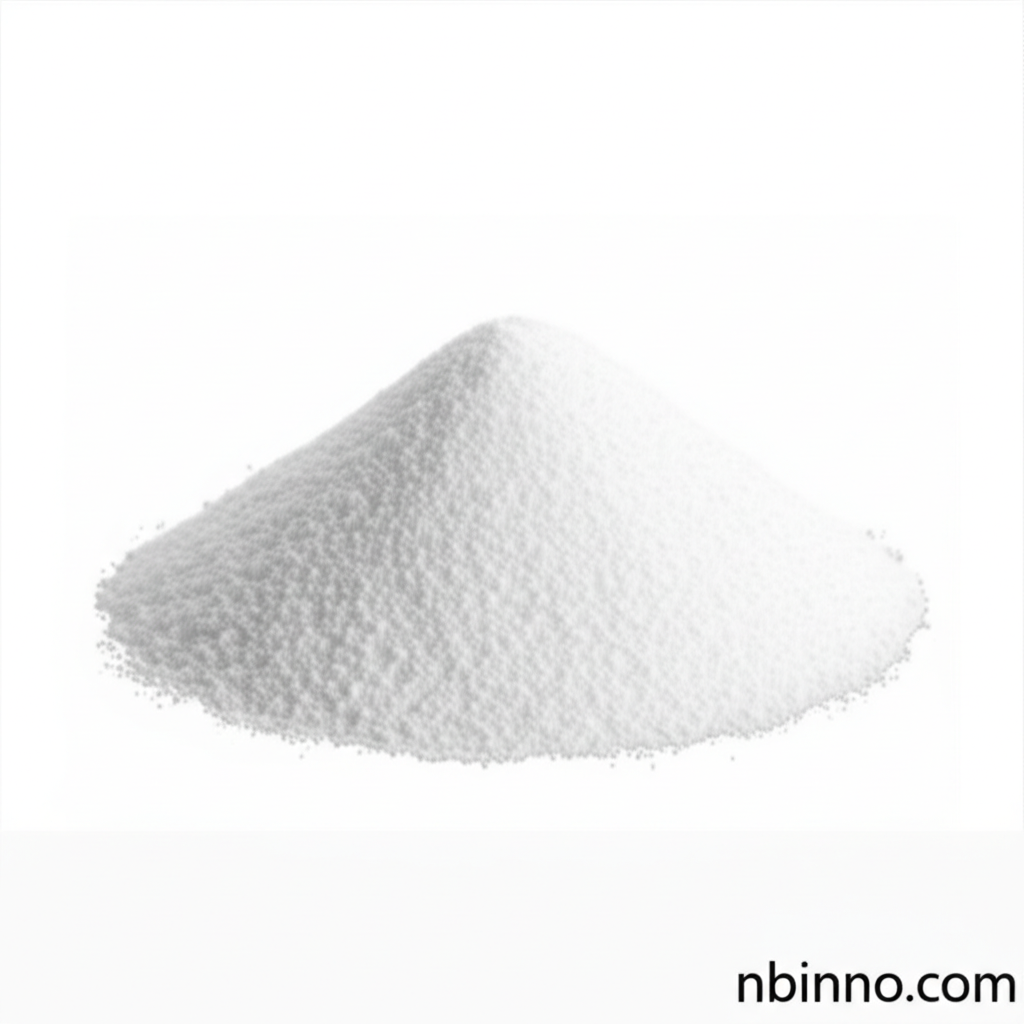Retatrutide: A Breakthrough Peptide for Metabolic Research
Explore the science behind Retatrutide, a novel triple agonist peptide revolutionizing weight management and metabolic studies.
Get a Quote & SampleUnveiling the Power of Retatrutide

Retatrutide Peptide
Retatrutide is a cutting-edge triple receptor agonist peptide that targets GLP-1, GIP, and glucagon receptors, offering significant potential in weight management and metabolic health research. Its unique mechanism of action contributes to enhanced energy expenditure and appetite control.
- Discover the precise Retatrutide peptide for weight loss research, a key component in understanding metabolic function.
- Delve into the GLP-1 GIP glucagon receptor agonist peptide's role in regulating body weight and improving metabolic profiles.
- Understand the triple agonist peptide mechanism of action and its impact on hormonal pathways.
- Ensure research integrity with Retatrutide purity and storage guidelines, vital for reliable experimental outcomes.
Key Advantages of Retatrutide
Advanced Metabolic Research Support
Utilize Retatrutide peptide for weight loss research to advance studies on metabolic regulation and its effects on body composition.
Targeted Receptor Agonism
Leverage the power of the GLP-1 GIP glucagon receptor agonist peptide to explore complex hormonal interactions for therapeutic development.
Consistent Purity for Reliable Results
Benefit from Retatrutide purity and storage guidelines ensuring the highest quality for demanding scientific applications.
Key Applications
Metabolic Disorder Research
Investigate the triple agonist peptide mechanism of action in models of metabolic syndrome and diabetes.
Weight Management Studies
Explore the efficacy of Retatrutide peptide for weight loss research in preclinical and in vitro studies.
Glycemic Control Investigations
Analyze the impact of GLP-1 GIP glucagon receptor agonist peptides on insulin sensitivity and glucose homeostasis.
Appetite Regulation Research
Understand the central mechanisms of appetite control influenced by triple agonist peptide studies.
